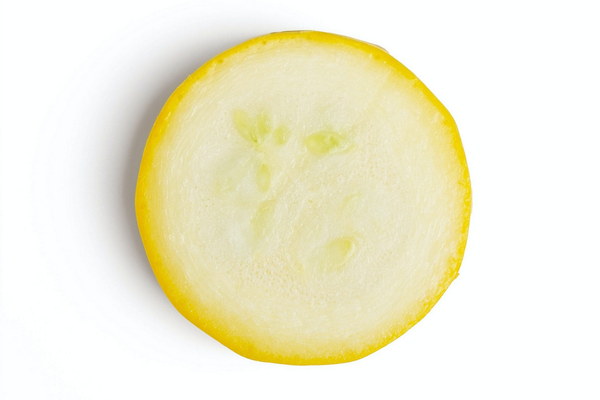Unlocking the GutHealing Power of Lamb Understanding the Principles Behind Its Digestive Benefits
Introduction:
Lamb has long been cherished for its rich flavor and tender texture. But beyond its culinary appeal, this savory meat also offers numerous health benefits, particularly for the digestive system. In this article, we will delve into the science behind lamb's gut-healing properties and explore how incorporating this delicious meat into your diet can promote a healthier gut.
The Gut-Healing Benefits of Lamb:
1. Rich in Prebiotics:
Lamb is an excellent source of prebiotics, which are essential nutrients that feed the beneficial bacteria in the gut. These prebiotics, such as inulin and fructooligosaccharides (FOS), help to maintain a balanced gut microbiome by promoting the growth of probiotic bacteria like Bifidobacteria and Lactobacilli. A healthy gut microbiome is crucial for digestion, nutrient absorption, and overall immune system function.
2. High in Protein:
Lamb is an excellent source of high-quality protein, which plays a vital role in the maintenance and repair of the gut lining. The amino acids present in lamb are easily digestible and help to strengthen the gut barrier, reducing the risk of leaky gut syndrome. A robust gut lining is essential for preventing harmful substances from entering the bloodstream and triggering an immune response.
3. Rich in Essential Fatty Acids:
Lamb is a rich source of omega-3 and omega-6 fatty acids, which are essential for maintaining a healthy gut lining. These fatty acids have anti-inflammatory properties and can help to reduce inflammation in the gut, which is a common cause of digestive disorders such as Crohn's disease and ulcerative colitis. Moreover, omega-3 fatty acids have been shown to enhance the production of mucus in the gut, which helps to protect the lining from irritation and damage.
4. Amino Acids and Nutrients:
Lamb contains a variety of amino acids and nutrients that support gut health, such as glycine and arginine. Glycine is a conditionally essential amino acid that helps to produce bile, which is essential for the digestion of fats. Bile also helps to break down food particles and promote the absorption of nutrients. Arginine, on the other hand, is involved in the production of nitric oxide, a substance that has been shown to enhance blood flow and improve gut permeability.
5. Collagen and Gelatin:
Lamb is rich in collagen and gelatin, which are beneficial for gut health. These proteins help to maintain the integrity of the gut lining and can aid in the healing of damaged tissues. Collagen and gelatin are also easily digestible, making them an excellent choice for individuals with digestive issues such as celiac disease or gluten sensitivity.
Incorporating Lamb into Your Diet for Gut Health:
To enjoy the gut-healing benefits of lamb, consider the following tips:
1. Choose high-quality, grass-fed lamb, as it is typically higher in omega-3 fatty acids and lower in saturated fats compared to conventionally raised lamb.
2. Cook lamb in a way that preserves its nutrients, such as grilling, roasting, or slow-cooking.
3. Incorporate lamb into a balanced diet that includes plenty of fruits, vegetables, and whole grains to ensure a diverse intake of prebiotics and probiotics.

4. Consult with a healthcare professional or registered dietitian before making significant changes to your diet, particularly if you have pre-existing digestive conditions.
Conclusion:
Lamb is a valuable addition to a gut-healthy diet due to its prebiotic content, high protein, essential fatty acids, and amino acids. By incorporating lamb into your meals, you can support the health of your digestive system and enjoy a variety of nutritional benefits. Embrace the deliciousness of lamb while reaping the rewards of a happier, healthier gut.









